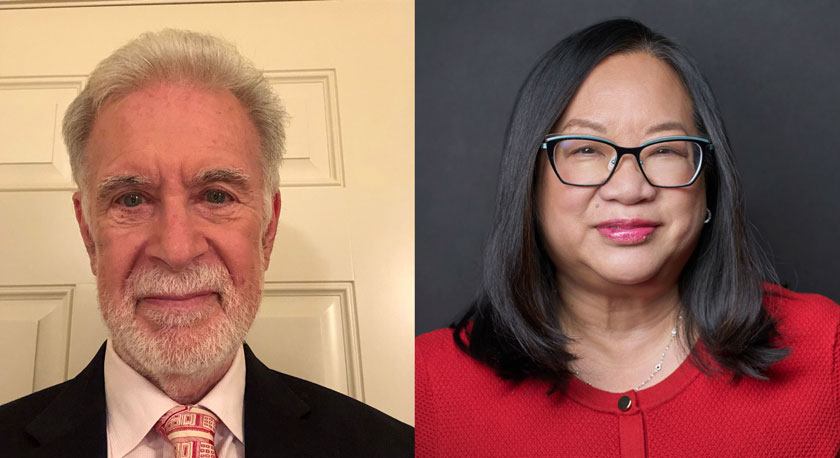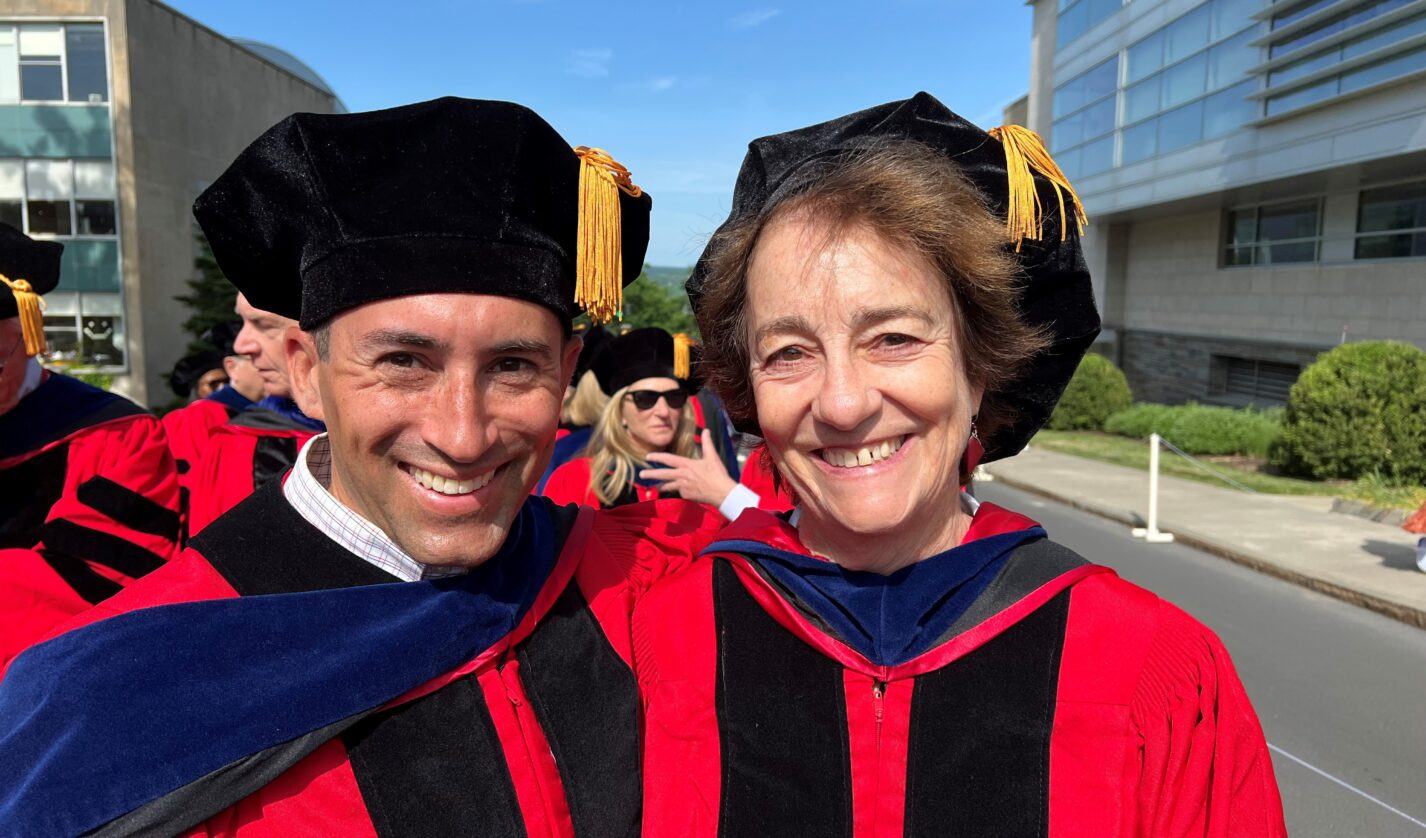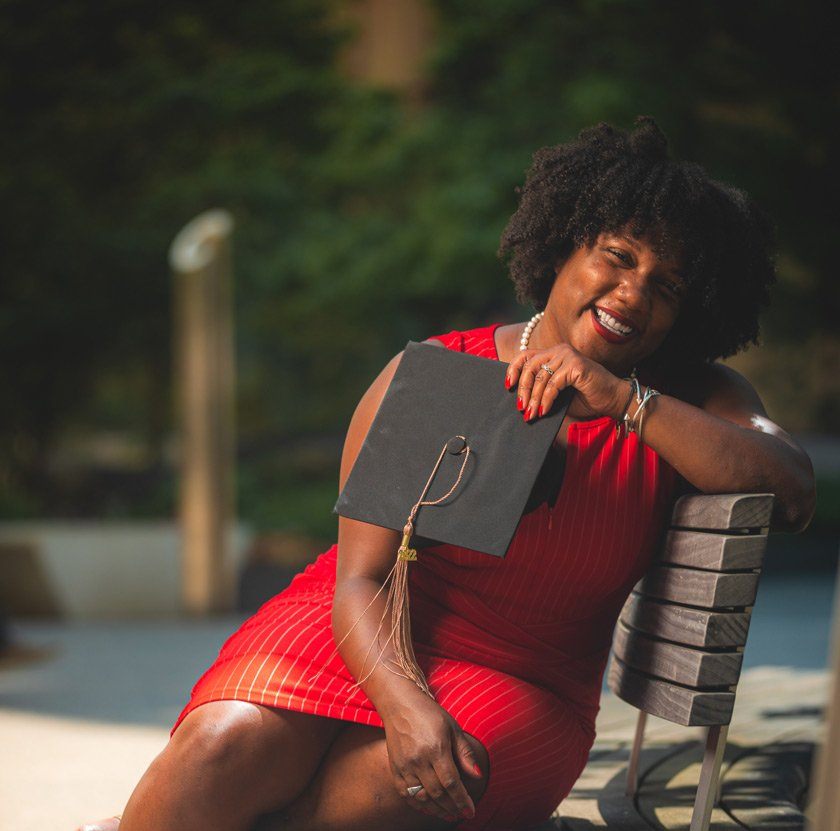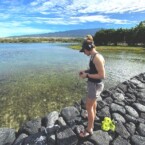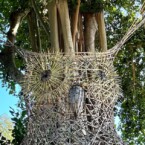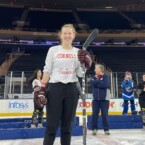Elizabeth Crowder JD ’86 served for 24 years as the judge of a county criminal court in Dallas, Texas, presiding over cases involving offenses such as driving while intoxicated, assault, and theft. Since 2018, she has served as a retired judge sitting by assignment for judges who are sick or on vacation. Prior to serving on the county criminal court, Judge Crowder was the associate judge for a Dallas County juvenile court, presiding over both juvenile delinquency cases and child welfare cases. Before her appointment to the juvenile court, she was an assistant district attorney, handling felony and misdemeanor criminal cases, as well as juvenile delinquency cases. She began her career in the litigation section of a large law firm in Dallas.
What drew you to the legal profession?
I was drawn to the intellectual challenge of the law as well as the range of practice areas. Early in my career, I realized that I enjoyed working in a trial court as a lawyer and as a judge.
What was the most rewarding aspect of working as a judge?
I loved the constant interaction with people that comes from presiding over a trial court. Working with jurors, lawyers, and people who need help kept my job challenging and rewarding. As a judge, I have had the opportunity to help people in crisis deal with the underlying issues that brought them to criminal court in the first place.
In your career, how did you find mentors and make connections along the way?
I have been involved in many formal mentoring programs as a lawyer and a judge, but I found that the best mentoring relationships developed more naturally. In my experience as a mentor or mentee, the most meaningful relationships are formed much like you form friendships—when you find people you admire, identify with, and want to emulate.
Do you have any advice for Cornellians starting out in the legal field?
My advice would be to consider areas of practice beyond large law firms. Because large firm practice is lucrative, many law school graduates do not consider alternatives in government, public interest, or family practice, for example. Law firm practice may be a good fit for some, but there are many areas of law beyond the corporate firms that are interesting, challenging, and may also offer a better work/life balance.
What role did the Cornell network play in your career?
The Cornell network played a large role in my career at an early stage. Out of law school, I started work in the trial section of a large Dallas firm. I wanted more trial experience than I was getting at the firm and was considering a change when I attended a local Cornell Law Alumni luncheon. At the luncheon, I reconnected with a fellow Cornell graduate a year ahead of me who was working at the Dallas County District Attorney’s office. We talked, met for lunch, and within a couple of weeks, I made the decision to leave the firm and work for the DA’s office. That was the beginning of a career in the courtroom that I have loved ever since.

